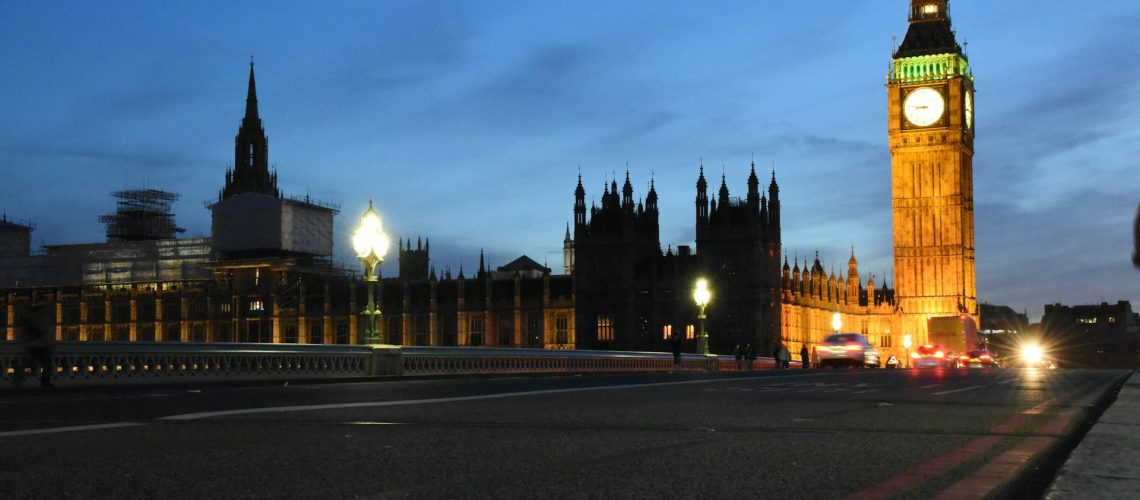Rachel Reeves first major Financial Statement is now days away.
The speculation as to its content has been off the charts, and the labour Government has contributed to this with widespread signalling of a major upheaval to the Public Finances.
Speculating over any specific targeted tax changes may be less beneficial than taking a look at the big picture, which is far more knowable.
In essence the reports are that the Budget has to address a £22 Billion “black hole” that has appeared, suggesting that there is not enough money in the bank to pay the bills.
Given the scale of the UK’s debt it would seem surprising that this can’t be sorted by a little bit more borrowing.
In recent weeks, the £22 Billion figure has now been raised to £40 Billion, not so much that the size of the hole has shifted but that this is now the targeted sum Labour require to do, what they need to do, in wider terms.
It could be that this is a bit of expectation management.
Neither figure would represent any meaningful improvement in Public Services, if such services rely on extra spending.
The reason why these extra sums won’t be found through borrowing, is twofold. First, Labour wants to be seen as fiscally competent, and capable of taking tough financial decisions. Second, the UK borrowing position is already weak, and we must start reversing the direction of relentless deficits and growing debt, and the recurring cost burden that comes with that.
As Public Services are already struggling and many major departments have protected spending sums, there is no scope to make an significant difference through public spending reductions, except at the margins.
This leaves taxes.
The problem with raising tax is that it is well-known that some tax rises don’t end up bringing in the predicted amounts (because people change behaviour), or that the tax has been protected against rises because of manifesto promises.
Some taxes (e.g. Inheritance Tax) could be hit hard and raise a fraction of the total sum needed to plug the hole.
The only efficient way to tackle such major sums required is to target high revenue-raising taxes and this is why it is almost guaranteed some form of increased business tax will be introduced, whether through employers national insurance, corporation tax or a combination of these and some others.
The personal taxes, such as Inheritance Tax, Capital Gains Tax, and Pension Tax Relief (for higher rate taxpayers) may also be targeted, to balance the position somewhat, but it will be businesses that will take most of the heat.
A Wealth Tax, whether implicit or explicit, is unlikely, given that every country that has dabbled with this in the past decade, has been astonished to find it backfires entirely, raising nothing like the expected sums and driving people and money overseas. Wealth Taxes tend to get reversed nearly as quickly as they are introduced. That may not stop Labour from introducing some narrow version of a wealth tax. Possibly with some form of stealth wealth tax!
All of this may seem like a focus on what is going to happen on October 30th. However, in many ways, it is not that, it is a commentary on what is a bigger picture position, that really won’t change that much whatever is announced on October 30th.
The UK will remain in a difficult scenario, with record tax levels aligned to low productivity, insipid growth, difficult employment conditions, and – most importantly – rapidly degenerating Public Services.
Rachel Reeves might fix the leak for the moment, but the roof itself will not be repaired.
That’s not her fault, this is a situation that has developed over decades, and is not going to be corrected any time soon.
The task we all have when we are planning for the future is to focus on this bigger picture, and the October 30th Budget will not alter that. We might need to make adjustments to certain parts of our plan as a consequence of any specific new tax rates or rules, but overall the position is going to remain the same. Too much demand, not enough money. It doesn’t matter who the Chancelor is, this broad situation is not going to change anytime soon.


